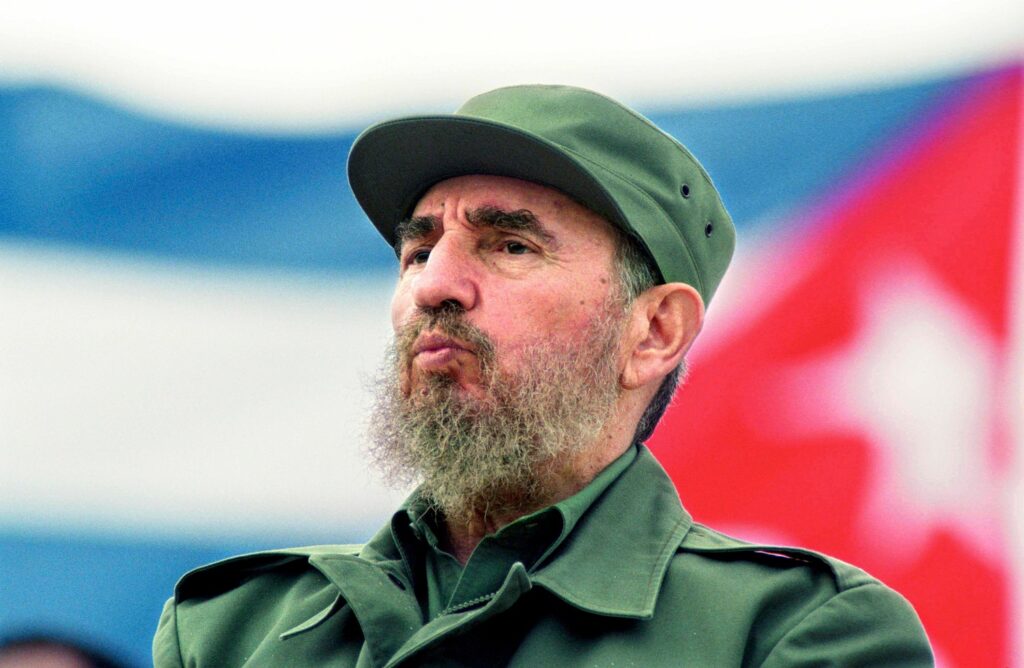
By Rene Gonzalez Barrios and Ricardo Calvo Aguila
Today (November 25) marks the fourth anniversary of the passing of the Commander-in-Chief of the Cuban Revolution Fidel Castro.
On this day, as is customary in Jamaica, the members of the Cuban state mission and many Cubans who reside in Jamaica, as well as Jamaicans who stand in solidarity with the Cuban Revolution, celebrate his life and work.
Few political leaders have been able to fully understand the humanistic essence of the principles of solidarity and internationalism, and put them into practice as Fidel Castro did.
On July 26, 1978, when assessing the significance for Cuba of the international aid it has received throughout history, Commander-in-Chief Fidel Castro stated: “… Internationalism is the most beautiful essence of Marxism-Leninism and its ideals of solidarity and fraternity among peoples. Without internationalism the Cuban Revolution would not even exist. Being internationalists means paying off our own debt to humanity.”
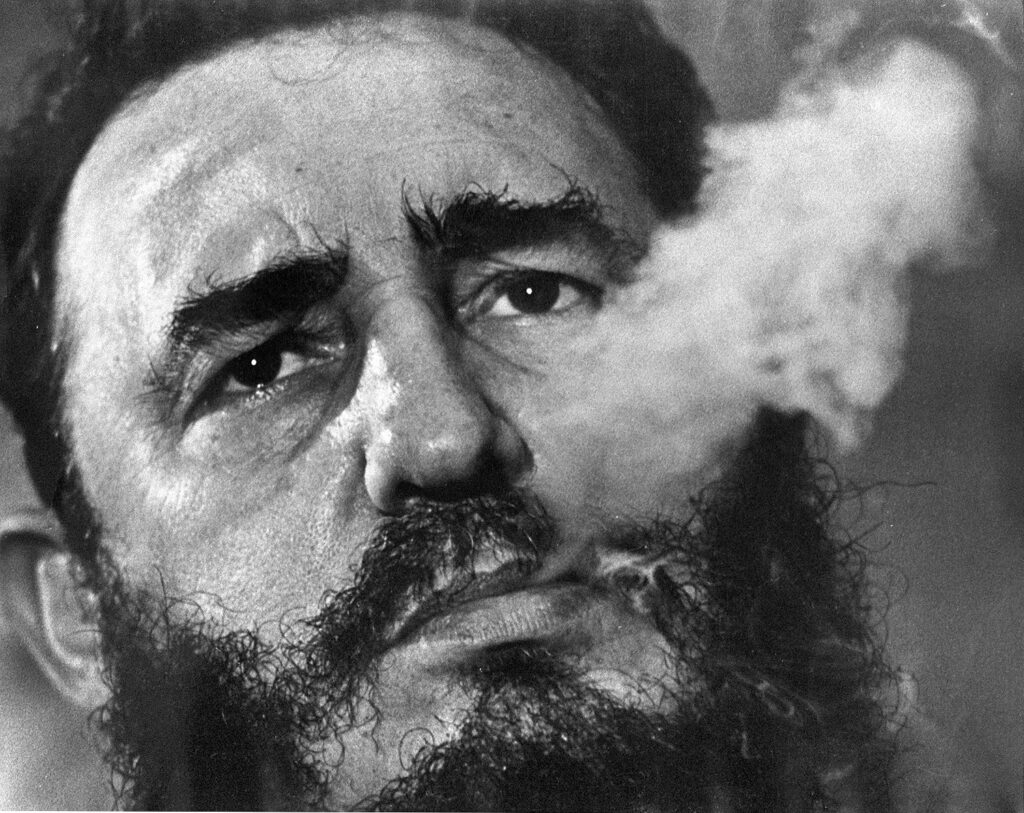
His statement was based on the deep knowledge of the history of Cuba that young Fidel had acquired since his early childhood and on his extraordinary and exciting experiences of solidarity he gained while heading the Revolution.
As a child, he must have heard from Haitian and Jamaican labourers in the bunkhouses, of the stories about the participation of natives from those neighbouring islands in the struggles against slavery and for the independence of Cuba.
CASTRO VALUED READING
As an insatiable reader, he knew from books about the attempts of Bolívar and the government of Mexico, at the beginning of the 19th Century, to prepare expeditions to liberate Cuba from Spanish colonialism; about the hundreds of foreigners who fought for independence on the island’s battlefields; about the luminous example of Máximo Gómez and the ideas of solidarity held by Céspedes, Maceo and Martí.
He also learned that Cuban heroes dreamed of the Confederation of the Antilles, as a common homeland and a safe shield against the United States’ expansionist policy towards Latin America and the Caribbean, and that they never left Puerto Rico out of their libertarian projects. He internalised the universal humanism of José Martí, his inspiring compass, and he highly valued the noble gesture of more than a thousand Cubans who fought for the Republic in Spain, and of those who fought fascism during World War II.
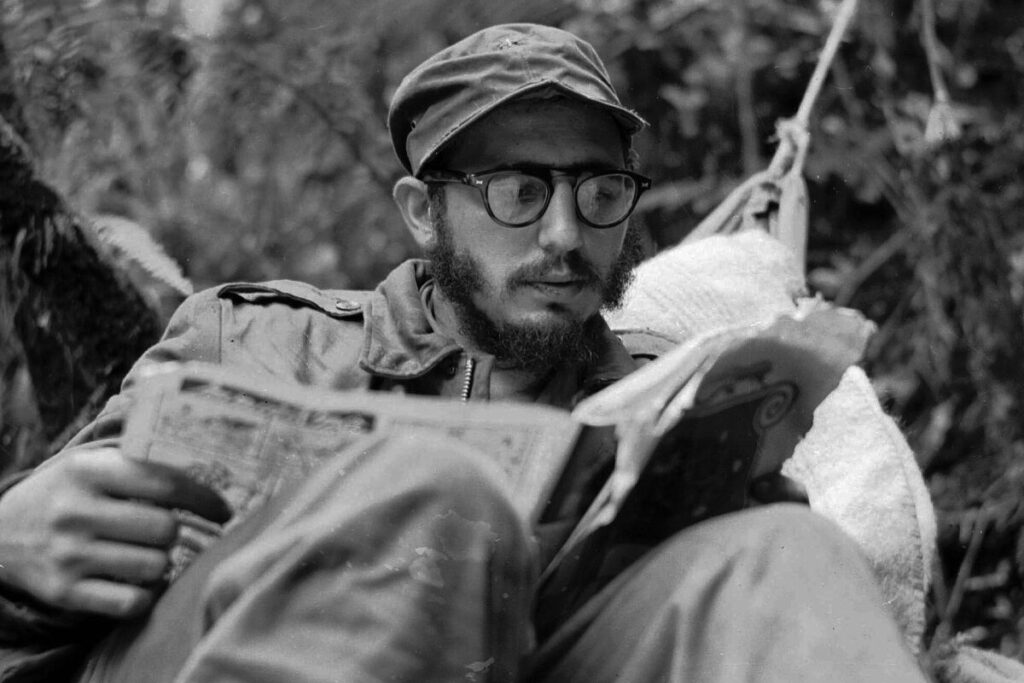
Also known are his work in defence of the sovereignty of the Dominican Republic, his participation in the frustrated Cayo Confites expedition, his activism in favour of the independence of Puerto Rico, and his role as a student combatant in the streets of Bogotá, Colombia, during the Bogotazo. Those years forged the ideas that would make him a champion of human solidarity.
Popular support in Mexico, Venezuela, Costa Rica, Panama, Ecuador, the United States, among other nations, showed the legitimacy of the revolutionary cause that triumphed on January 1, 1959.
Human solidarity, revolutionary solidarity, solidarity in aid, internationalist sentiments, internationalist vocation, internationalist duty, internationalist awareness, internationalist spirit, have all been constantly present in Fidel’s political discourse. The debt of gratitude of the nascent revolution could only be paid for by building a solid and exemplary country, ready to lend a hand to those in need.
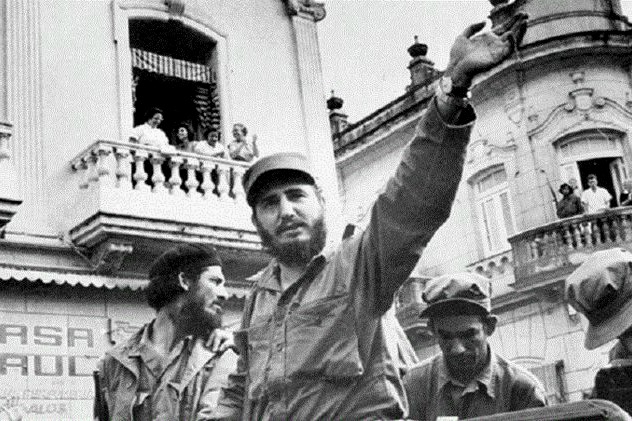
On January 23, 1959, when he arrived in Caracas, Venezuela, on his first trip abroad after the triumph of the Revolution, he declared:
” … I come, on behalf of the people who today ask for help and solidarity, to tell Venezuelans that they can also count on our help and our unconditional solidarity, and in any way, when they need it… (…) I just need to tell my Venezuelan brothers that Cuba will always be in debt with them for this gesture of solidarity. That Cuba will always be in debt with them for this formidable, enormous moral support that the people of Venezuela have given it today, and that I will never, ever have words to express my gratefulness to the people of Venezuela for the encouragement I have received here.”
That same day, at the Central University of the Venezuelan capital, he declared the political commitment of the nascent revolution to all peoples of the globe: “… rest assured that we are men aware of our responsibility to our country, our responsibility to the oppressed peoples and of our inescapable duty of solidarity with all the peoples of the American continent… .”
During his trip to the United States, on April 24 of that year, at a rally in New York’s Central Park, he clearly pronounced what would be the international stance of the Cuban Revolution: “… From here we say that Cuba and the people of Cuba and Cubans, wherever we are, will be in solidarity with the desire for liberation of our oppressed brothers… ”
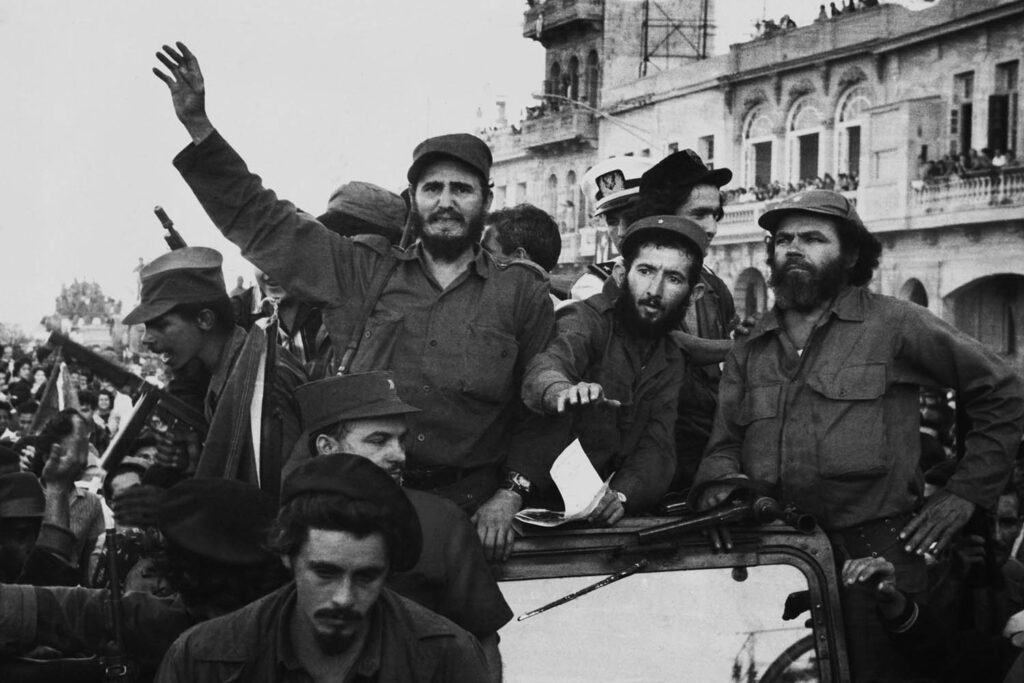
From the United States, he went to Canada, Trinidad Tobago and visited Argentina, Uruguay and Brazil. Again, the theme of solidarity was the main theme of his speech. On May 5, in the municipal esplanade of Montevideo, he would publicly make a declaration of faith, of his solidarity and internationalist vocation:
“… We cannot sacrifice the hope that Cuba gives today to the peoples of America. Cuba – and I don’t say it out of pride, because for us that means nothing but our responsibility – is today like a little light that shines on America, like a little light that can point a way; Cuba, a small country, that emerges without any ambitions of dominion, that come into being with its Revolution without personal ambitions of any kind; Cuba, which is today, in its Revolution, all disinterest, all generosity, Cuba is like a light that no one can question, that cannot be viewed with suspicion, because the only thing evident about Cuba is that it gives itself to the other brother peoples, that it is in solidarity with the other brother peoples ”
On September 2, 1960, Fidel summoned the people to what was then known as the Plaza de la República, (the José Martí Revolution Square today), to answer OAS´s offences at their meeting in Costa Rica. Before a million people gathered in a great Popular Assembly – known as the First Declaration of Havana – in its seventh article, he would highlight the irrevocable internationalist vocation of the Revolution:
“… The National Assembly of the People’s Power of Cuba postulates: (…); the duty of the oppressed nations to fight for their liberation; the duty of each people to be in solidarity with all the oppressed, colonised, attacked peoples, regardless of where in the world they are and the geographical distance that separates them. All the peoples of the world are brothers! … ”
René González Barrios is a historian. He is also a member of the team for the creation of the Fidel Castro Ruz Centre.
Ricardo Calvo Águila is the counsellor at the Embassy of the Republic of Cuba in Jamaica.

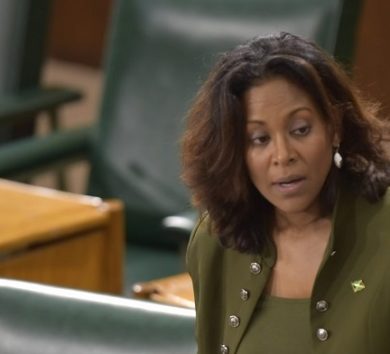
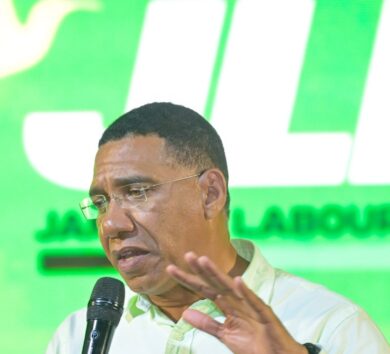
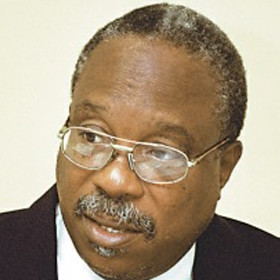

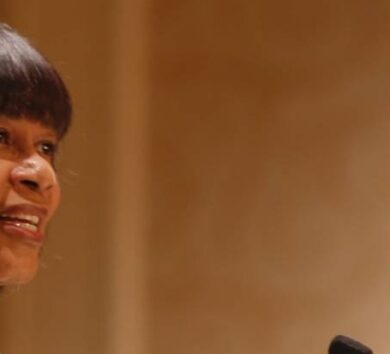

Comments